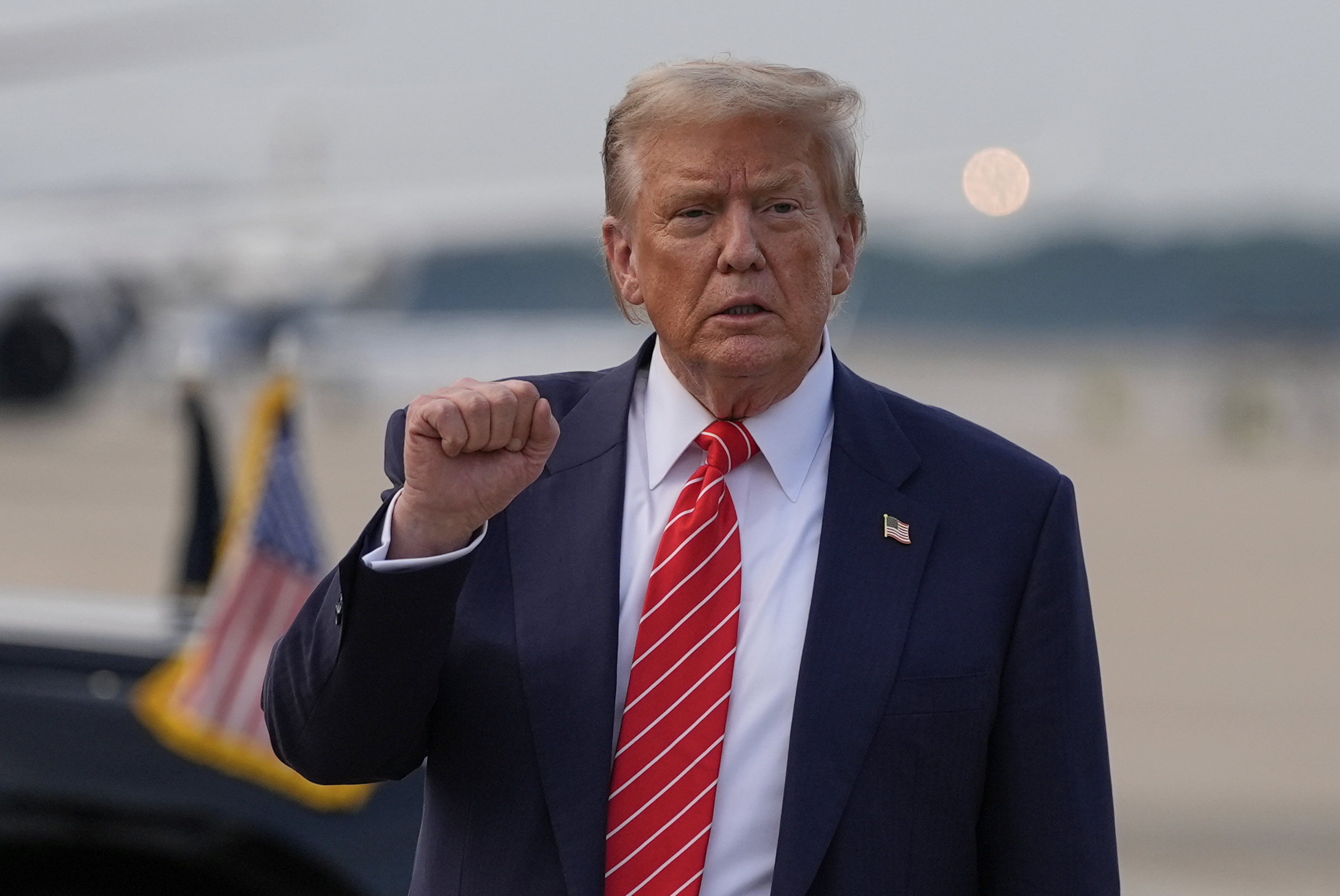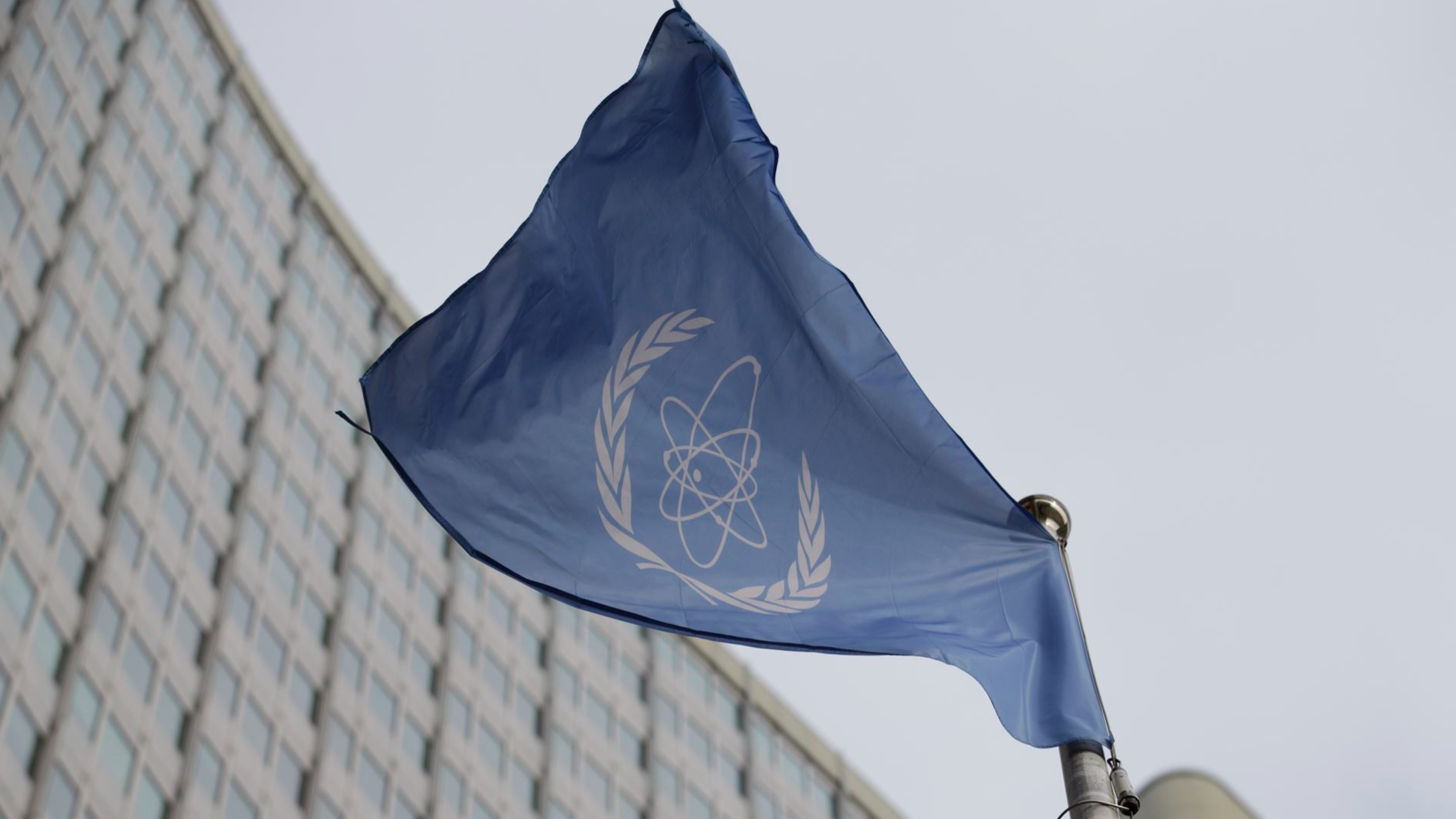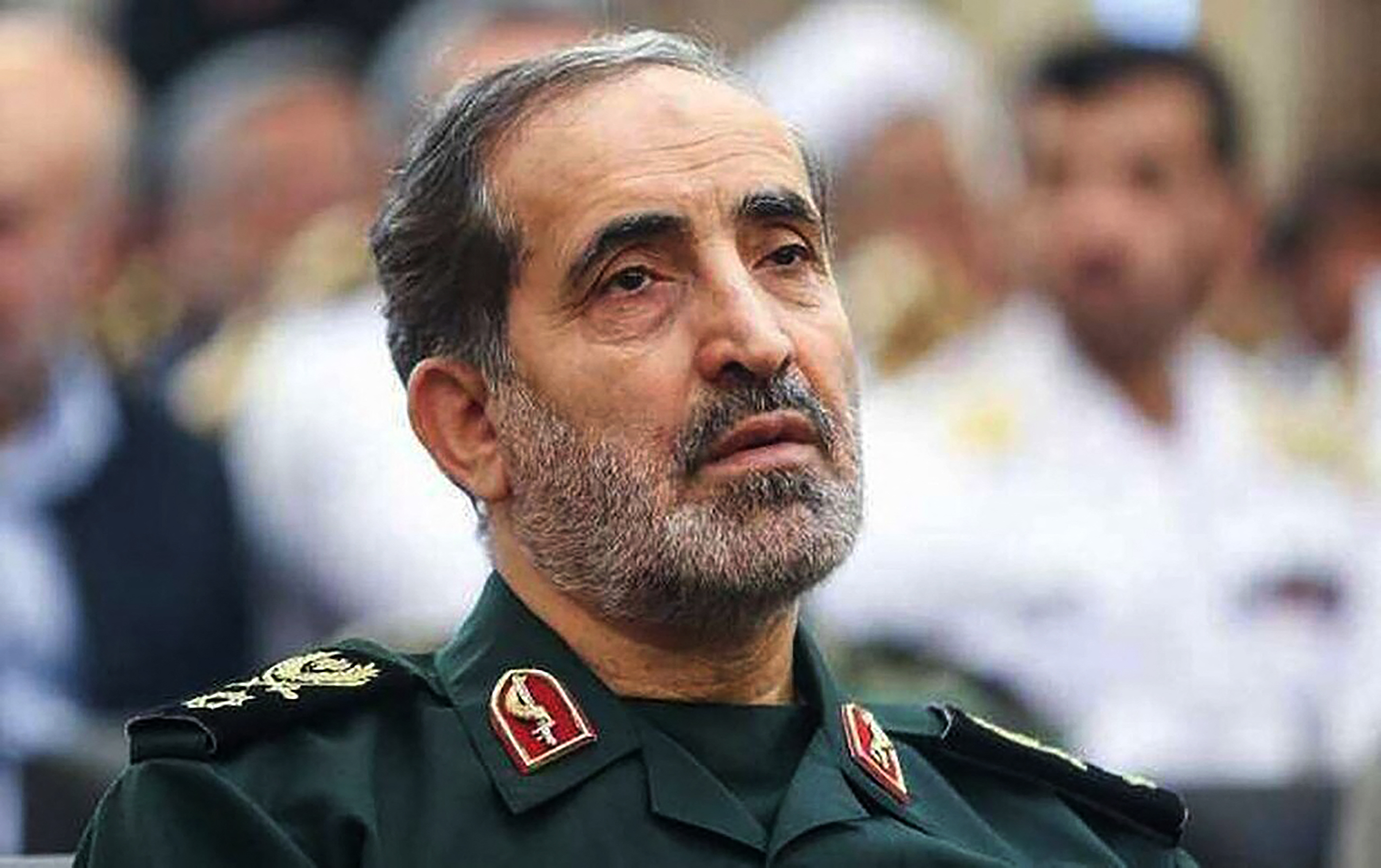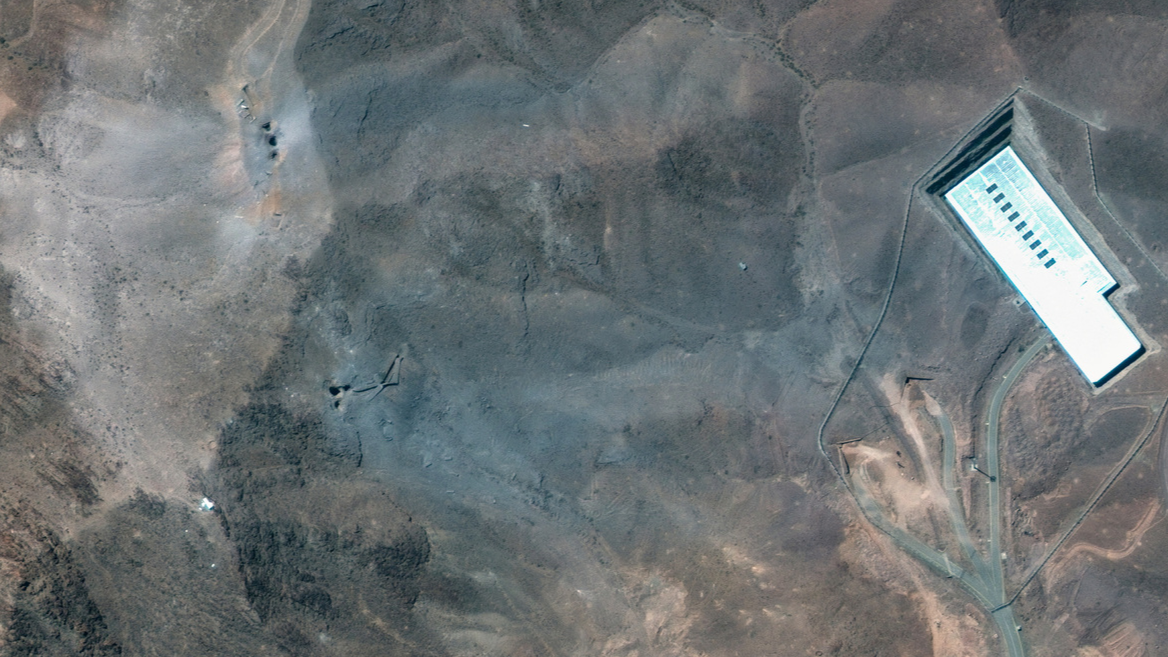
THE HAGUE/JERUSALEM/TEHERAN/WASHINGTON- US President Donald Trump said on Wednesday that the United States will hold talks with Iran next week.
"We're going to talk to them next week, with Iran. We may sign an agreement," Trump said during a press conference in The Hague following the NATO summit.
Earlier on Wednesday, Trump said that a ceasefire between Iran and Israel is going "very good."
"I think it's (going) very good. Israel came back yesterday," Trump told reporters at the NATO summit in The Hague, referring to his Tuesday warning to Israel to halt airstrikes on Iran.
Speaking about Iran's uranium enrichment efforts, Trump said he would not tolerate uranium enrichment, and if that happens, he would primarily solve it through military means.
"I'll tell you the last thing they want to do is to enrich anything right now. They want to recover. We won't let that happen. Number one, militarily. We won't."
He went on to describe the impact of the US airstrikes on Iran's nuclear facilities as "total obliteration."
Mossad chief: Operations in Iran to continue
Separately, David Barnea, chief of Israel's Mossad intelligence agency, said the organization will continue its activities in Iran, according to a video released by Mossad on Wednesday.
The video shows Barnea addressing operatives at the agency's operational headquarters on Tuesday, just hours after a ceasefire between Israel and Iran took effect.
"We will continue to keep a close eye on all of Iran's projects that we already know in the most in-depth way. We will be there as we have been there until now," he said.
ALSO READ: Truce hailed but tensions simmering

Iran to halt cooperation with IAEA
Also on Wednesday, the Iranian parliament approved the general outlines and details of a plan to suspend the country's cooperation with the International Atomic Energy Agency (IAEA).
The bill was approved at an open session of the parliament in the Iranian capital Tehran, with 221 votes in favor and one abstention, reported the ICANA news agency affiliated with Iran's legislative body.
According to the report, the plan requires the Iranian administration to suspend its cooperation with the IAEA, the United Nations nuclear watchdog.
The plan stipulates that, given the violation of Iran's national sovereignty and territorial integrity by Israel and the United States through attacking the country's peaceful nuclear facilities and jeopardizing its interests, the Iranian government is duty-bound to immediately suspend any kind of cooperation with the IAEA based on the Non-Proliferation Treaty (NPT) and the Comprehensive Safeguards Agreement until a number of preconditions are met.
It lists the conditions as ensuring respect for Iran's national sovereignty and territorial integrity, the security of the country's nuclear centers and scientists within the framework of the UN Charter and the complete recognition of Iran's inherent rights under the NPT, especially the enrichment of uranium on Iranian soil.

Iran says chief military commander died
Iran's Khatam al-Anbiya Central Headquarters said on Wednesday its Chief Commander Ali Shadmani, who was injured in an Israeli airstrike, has succumbed to his wounds.
Shadmani, who had recently replaced Gholam Ali Rashid at the helm of the military body, was severely wounded in an Israeli attack on Iran last week, according to the semi-official Tasnim news agency.
The Israeli military claimed last week to have killed Shadmani in the overnight airstrike on a command center in central Tehran.

Pentagon doubts claim of destroying nuke sites
An assessment report from the Pentagon suggested that the recent US airstrikes did not deal a decisive blow to Iran's nuclear capabilities, US media reported Tuesday.
Citing an evaluation from the US Defense Intelligence Agency (DIA), several media outlets revealed that the core components of Iran's nuclear infrastructure, including its centrifuges and stockpiles of enriched uranium, remain largely intact, which contradicts earlier claims by Washington and Tel Aviv.
Iran had moved key materials out of the targeted sites before the strikes, according to US sources familiar with the assessment.
"So the assessment is that the US set them back maybe a few months, tops," said a source cited by US media.
The findings, standing in stark contrast to declarations from the administration of Trump that claimed the operation had "obliterated" Iran's nuclear ambitions, triggered a backlash from the White House.
Meanwhile, the Israel Atomic Energy Commission said on Wednesday US airstrikes on Iran's Fordow nuclear facility destroyed key infrastructure, rendering the uranium enrichment plant inoperable.
In a statement issued by Israeli Prime Minister Benjamin Netanyahu's Office, the IAEC said Sunday's US strikes, coupled with Israeli attacks on other components of Iran's nuclear program, have set back Iran's ability to develop nuclear weapons by many years.
"The achievement can continue indefinitely if Iran does not get access to nuclear material," the statement read.
ALSO READ: Iranian president announces 'end of the 12-day war'
On June 13, Israel launched major airstrikes on different areas in Iran, including nuclear and military sites, killing senior commanders, nuclear scientists and civilians. Iran responded by launching several waves of missile and drone attacks on Israel, inflicting casualties and heavy damage.
On Saturday, the US Air Force bombed three Iranian nuclear sites of Fordow, Natanz and Isfahan. In retaliation, Iran on Monday attacked the US Al Udeid Air Base in Qatar with missiles.
Following Iran's attack, Trump announced that a ceasefire between Iran and Israel would begin around 0400 GMT on Tuesday. Both sides later confirmed the start of the ceasefire.


